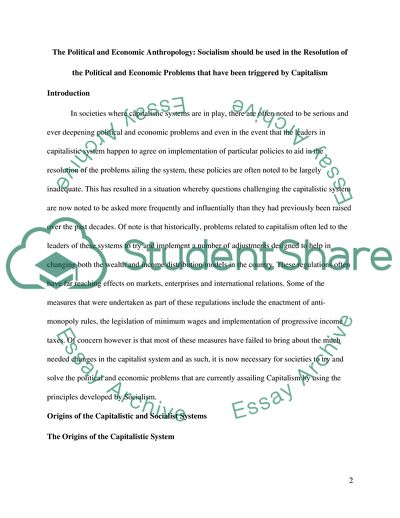Cite this document
(Socialism Should Be Used in the Resolution of the Political and Coursework Example | Topics and Well Written Essays - 4000 words, n.d.)
Socialism Should Be Used in the Resolution of the Political and Coursework Example | Topics and Well Written Essays - 4000 words. https://studentshare.org/sociology/1874803-soan20822-essay
Socialism Should Be Used in the Resolution of the Political and Coursework Example | Topics and Well Written Essays - 4000 words. https://studentshare.org/sociology/1874803-soan20822-essay
(Socialism Should Be Used in the Resolution of the Political and Coursework Example | Topics and Well Written Essays - 4000 Words)
Socialism Should Be Used in the Resolution of the Political and Coursework Example | Topics and Well Written Essays - 4000 Words. https://studentshare.org/sociology/1874803-soan20822-essay.
Socialism Should Be Used in the Resolution of the Political and Coursework Example | Topics and Well Written Essays - 4000 Words. https://studentshare.org/sociology/1874803-soan20822-essay.
“Socialism Should Be Used in the Resolution of the Political and Coursework Example | Topics and Well Written Essays - 4000 Words”. https://studentshare.org/sociology/1874803-soan20822-essay.


